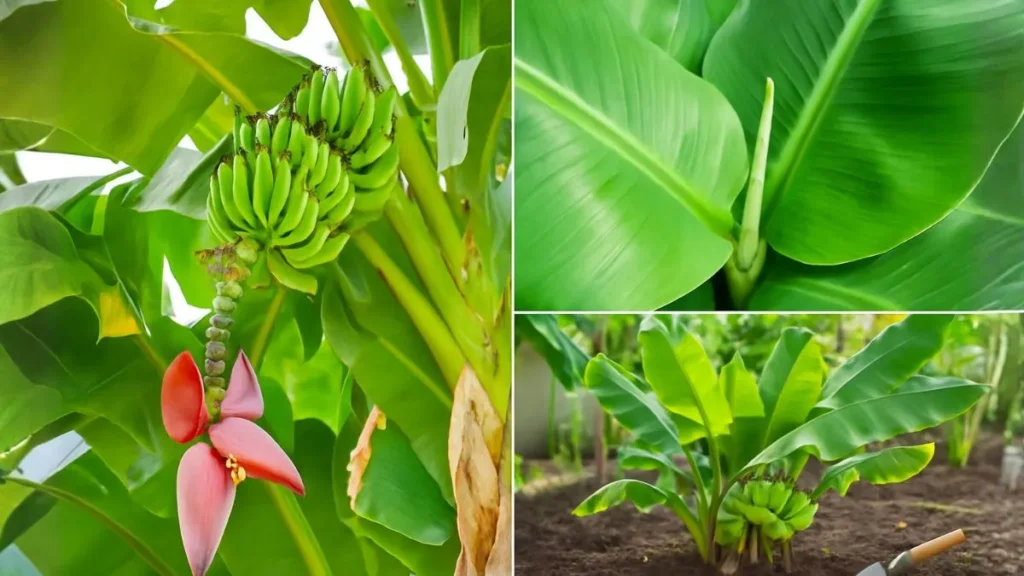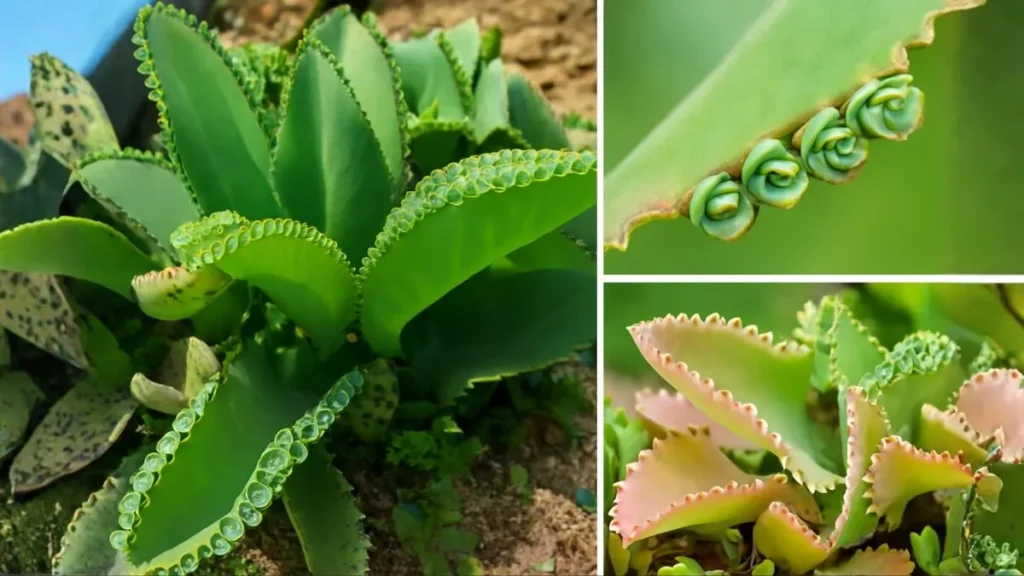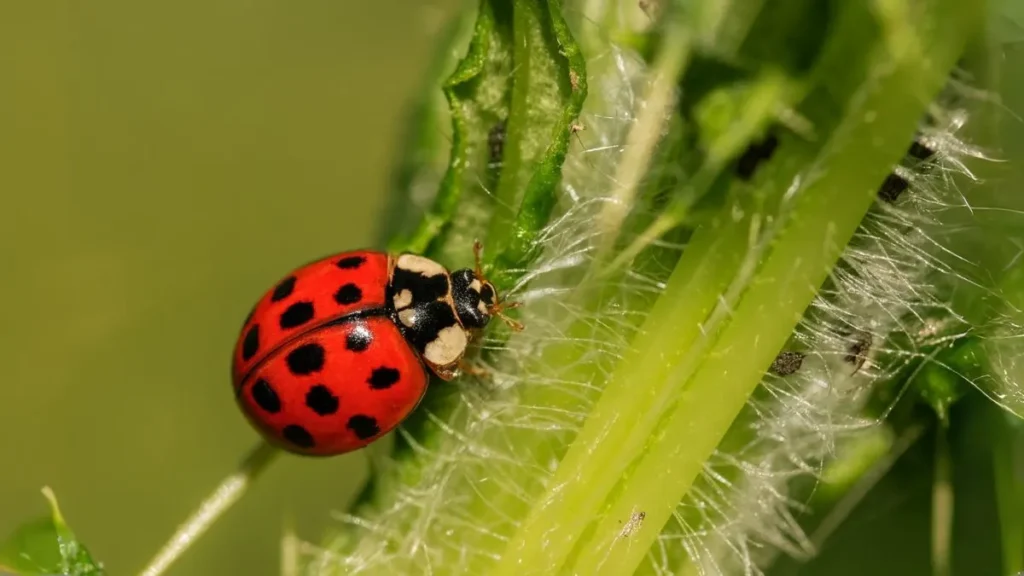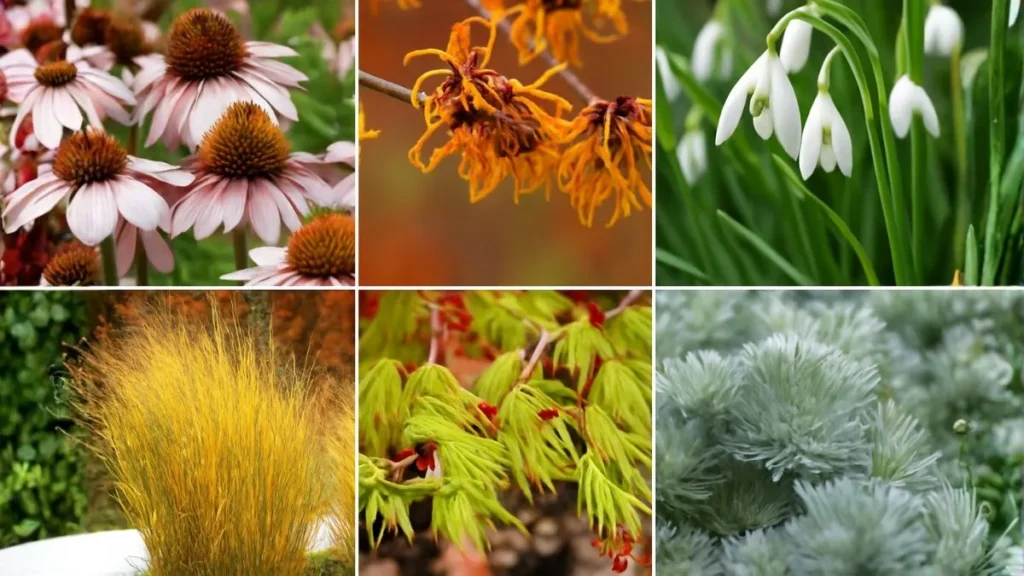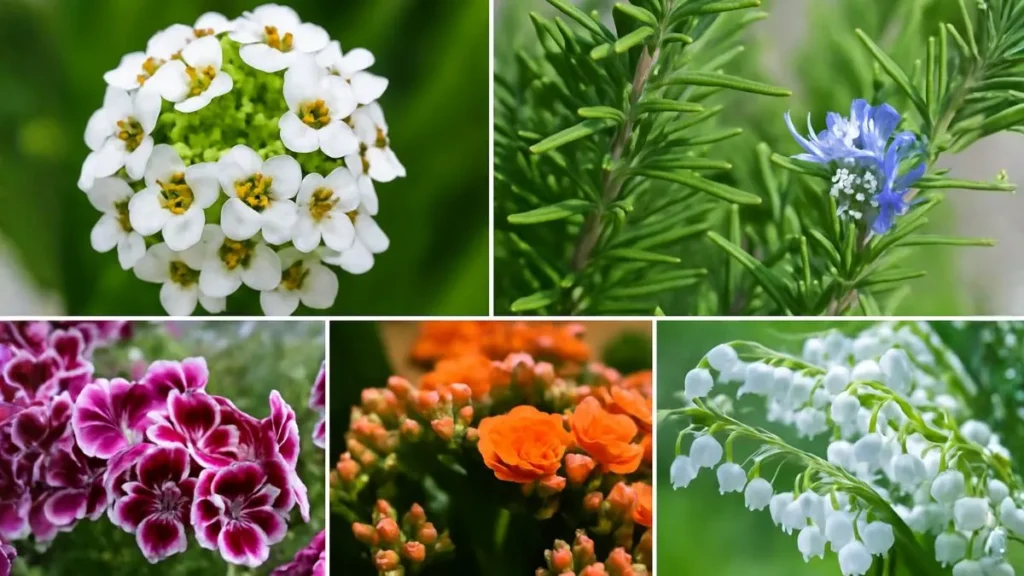Healthy soil is the heartbeat of a thriving garden. Without it, even the best watering schedule and perfect sunlight won’t give you lush blooms or heavy harvests. Early in my gardening days in Vancouver, I made the same mistake many beginners do—focusing on the plants, but ignoring the soil. After a lacklustre tomato crop one year, I learned my soil was nutrient-starved. That’s when I began feeding my soil the right way—with natural amendments that cost little to nothing.
Below are 8 tried-and-tested methods to build rich, fertile soil that keeps your plants strong, healthy, and pest-resistant.
1. Traditional Compost – The Garden’s Black Gold
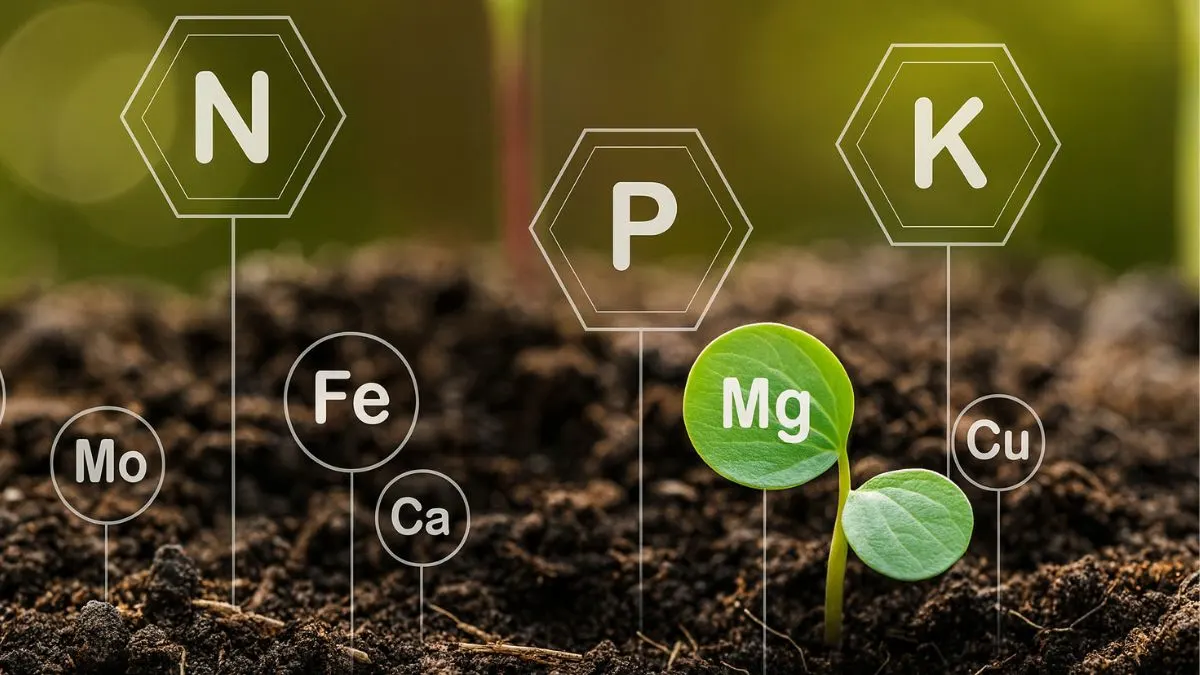
If you’re not composting yet, you’re missing out on the easiest soil booster available. Traditional compost transforms kitchen scraps, garden waste, and fallen leaves into a nutrient-rich amendment that your soil will love.
Why Compost Works:
- Improves soil texture and structure.
- Enhances water retention for dry spells.
- Provides a balanced mix of nitrogen, phosphorus, and potassium.
- Feeds beneficial microbes that keep soil alive.
I personally add compost twice a year—in early spring before planting and in fall after harvesting—to give my beds a nutrient reset.
2. Manure – A Time-Tested Fertility Booster
Well-aged manure from cows, chickens, rabbits, or horses is loaded with plant-loving nutrients. It’s a slow-release food source that keeps plants nourished over months.
Tip: Never apply fresh manure—it can burn plants. Compost it first to make it safe and more effective.
In colder regions like Canada, manure also acts as a soil insulator, keeping beneficial microorganisms active for longer.

3. Plant Nitrogen-Fixing Crops for Natural Fertility
Certain plants like peas, beans, and clover pull nitrogen from the air and store it in their roots, enriching the soil when they decompose. When you plant nitrogen-fixing crops, you naturally cut down on synthetic fertilizer needs.
Why They’re Great:
- Boost nitrogen without chemicals.
- Improve soil structure.
- Provide a green cover to prevent erosion in off-seasons.
I use clover as a cover crop in winter—it adds nutrients and keeps my beds protected until spring.
Also Read: 5 Mysterious Flowers That Will Leave You Spellbound
4. Mulching – The Easiest Dual-Purpose Solution
Mulch is like a protective blanket for your garden beds. Organic mulch—like straw, shredded leaves, or bark—locks in moisture, regulates temperature, and breaks down to add nutrients over time.
Mulch Benefits:
- Reduces weeds naturally.
- Prevents soil erosion during heavy rains.
- Improves soil health year after year.
5. Seaweed – A Mineral Powerhouse from the Ocean
If you live near the coast, you have access to one of nature’s most complete plant foods—seaweed. Rich in potassium, magnesium, and trace minerals, it acts as a growth stimulant and disease defender.
Use it fresh (washed to remove salt) or as dried meal sprinkled over beds. Many gardeners in coastal USA and Canada rely on it for strong vegetable production.
6. Wood Ash – A Natural Alkaline Amendment
Wood ash from untreated firewood is a great source of calcium carbonate, potassium, and trace elements.
Best Uses:
- Correct acidic soils by raising pH.
- Add nutrients to crops like tomatoes and brassicas.
However, moderation is key—always test your soil before using it to avoid over-alkalising.
7. Coffee Grounds – Waste Turned into Plant Fuel
Used coffee grounds are rich in nitrogen and organic matter. They also attract earthworms, which improve soil aeration.
How I Use Them:
- Mix into compost for an extra nitrogen boost.
- Sprinkle around acid-loving plants like blueberries and azaleas.
In my heavy clay beds, coffee grounds improved drainage significantly within a single season.
Also Read: From Tea to Skincare: 8 Brilliant Ways to Use Rosemary Flowers
8. Grass Clippings – A Quick Nitrogen Boost
Fresh grass clippings are an excellent, free source of nitrogen. Spread them as a thin mulch layer to feed plants while keeping weeds at bay.
Benefits:
- Speeds up plant growth.
- Retains soil moisture.
- Adds organic matter as it decomposes.
Bonus – Worm Casting for Nitrogen or Alfalfa Meal
Alongside these eight methods, worm casting for nitrogen or alfalfa meal are two underrated soil enhancers.
- Worm castings feed plants slowly over time and improve soil texture.
- Alfalfa meal contains triacontanol, a natural growth stimulant that boosts both roots and shoots.
These are especially useful for heavy feeders like roses and tomatoes.
Why Organic Matter Beats Chemicals
If there’s one thing I’ve learned, it’s that adding organic matter is a more economically feasible alternative for improving soil compared to buying synthetic fertilizers year after year. Organic amendments improve not just nutrient levels, but also soil life and structure—creating long-lasting fertility rather than a short-term nutrient spike.
Soil Nutrient Boosters at a Glance
Amendment |
Main Nutrients |
Extra Benefits |
Traditional compost |
Balanced NPK |
Improves texture, water retention |
Manure |
N, P, K |
Insulates soil |
Plant nitrogen-fixing crops |
Nitrogen |
Prevents erosion, adds fertility |
Mulch |
Organic matter |
Weed suppression, temperature control |
Seaweed |
K, Mg, minerals |
Disease resistance |
Wood ash |
Ca, K |
Raises pH |
Coffee grounds |
Nitrogen |
Attracts worms, improves structure |
Grass clippings |
Nitrogen |
Moisture retention, weed control |
Worm casting for nitrogen or alfalfa meal |
Nitrogen, growth stimulants |
Long-term plant health |
Also Read: From Velvety to Rippled: 6 Textured Leaf Plants You’ll Want in Every Corner
Healthy soil = healthy plants. Whether you’re using traditional compost, worm casting for nitrogen or alfalfa meal, making sure to test your soil, or deciding to plant nitrogen-fixing crops, the key is consistency. Every time you add organic matter, you’re investing in your garden’s future.
From my own experience, enriching the soil naturally not only improved my yields but also made gardening more rewarding. The results speak for themselves—lush growth, stronger plants, and a garden that seems to get better with every season.
